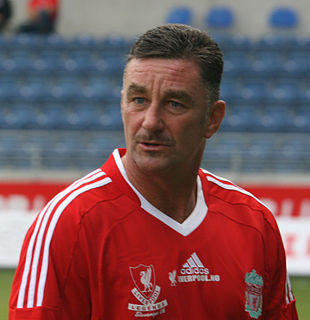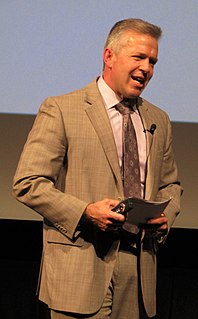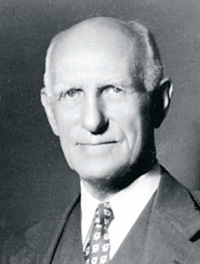A Quote by Adam Smith
He is led by an invisible hand to promote an end which was no part of his intention
Related Quotes
Every individual necessarily labors to render the annual revenue of society as great as he can. He generally neither intends to promote the public interest, nor knows how much he is promoting it. He intends only his own gain, and he is, in this, as in many other cases, led by an invisible hand to promote an end which was not part of his intention.
People who intend only to seek their own benefit are “led by an invisible hand to serve a public interest which was no part of” their intention. I say that there is a reverse invisible hand: People who intend to serve only the public interest are led by an invisible hand to serve private interests which was no part of their intention.
Every individual is continually exerting himself to find out the most advantageous employment for whatever capital he can command. It is his own advantage, indeed, and not that of the society which he has in view. But the study of his own advantage naturally, or rather necessarily, leads him to prefer that employment which is most advantageous to society... He intends only his own gain, and he is in this, as in many other cases, led by an invisible hand to promote an end which was not part of his intention
Fitzgerald never got rid of anything; the ghosts of his adolescence, the failures of his youth, the doubts of his maturity plagued him to the end. He was supremely a part of the world he described, so much a part that he made himself its king and then, when he saw it begin to crumble, he crumbled with it and led it to death.
Some of the parables that Matthew records and that Jesus delivered as part of his Olivet Discourse-such as the ten virgins and their lamps or the servants and the talents they were given-are some of the best known of Jesus' teachings. Reading them in the context of his prophecies about the end of the world, however, makes them clearly parables of preparation. To be on his right hand with his "sheep" rather than at his left hand with the "goats" at his return, we must prepare ourselves now.
The naive which is simultaneously beautiful, poetic, and idealistic, must be both intention and instinct. The essence of intention, in this sense, is freedom. Consciousness is far from intention. There is a certain enamoured contemplation of one's own naturalness or silliness which itself is unspeakably silly. Intention does not necessarily require a profound calculation or plan.
In old days there were angels who came and took men by the hand and led them away from the city of destruction. We see no white-winged angels now. But yet men are led away from threatening destruction: a hand is put into theirs, which leads them forth gently towards a calm and bright land, so that they look no more backward; and the hand may be a little child's.
All the evidence of history suggests that man is indeed a rational animal, but with a near infinite capacity for folly. . . . He draws blueprints for Utopia, but never quite gets it built. In the end he plugs away obstinately with the only building material really ever at hand--his own part comic, part tragic, part cussed, but part glorious nature.
































